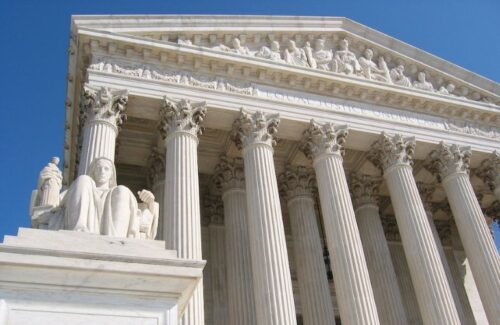
Solar advocates reacted with unanimous disdain.
“While many top corporations are stepping up and taking ownership of their carbon emissions, the reality is not everyone is moving in the same direction, and we’re running out of time to take meaningful action on climate change,” said Abigail Ross Hopper, president and CEO at the Solar Energy Industries Association (SEIA), in a statement. “Climate change is having a real and immediate impact on our economy and way of life, and brown and black communities are continuing to bear the brunt of decades of government inaction on carbon-polluting businesses.”
Hopper said this move will add unnecessary barriers that will slow clean energy deployment and make it harder to reach decarbonization goals. She and SEIA are calling on Congress to take action to codify policies to take the place of the former regulations.
Vote Solar also slammed the decision.
“It’s difficult to overstate the far-reaching and catastrophic impacts that today’s ruling may have on our collective efforts to reduce polluting emissions and mitigate the worst impacts of climate change. It is also, quite simply, a matter of life and death,” said Sachu Constantine, executive director of Vote Solar, in a statement. “The Clean Air Act — the landmark 1970 legislation that initially granted the EPA its regulatory authority — prevented 230,000 early deaths in 2020. Low-wealth communities and communities of color have already borne the brunt of air pollution and environmental injustice for generations; there is no question that the ruling will impact these same communities first and hardest. The Court has created a preventable, ongoing tragedy that will disproportionately harm low-income communities and families, while stripping our ability as a nation to halt the climate crisis.”
Constantine said although this decision is wrong, it only reaffirms the organization’s strategy of prioritizing state-level advocacy for climate protections and solar advancement.
Edited at 12:45 p.m. ET to reflect that the ruling did not do away with EPA’s ability to regulate GHG altogether.
<!–
–>






